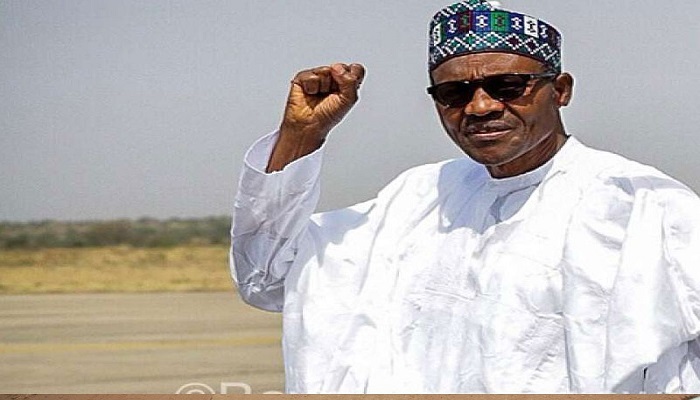Rating agency Moody’s assigned a B2 rating for Nigeria’s annual credit analysis, but highlighted its worries about the government’s continued dependence on oil revenue.
What did the government get right ?
Transparency in the oil sector has improved. The Nigerian National Petroleum Corporation (NNPC) now publishes timely performance reports. Government has also made efforts in not adding to cash call arrears owed International Oil Companies (IOCs). The NNPC recently gave approval for alternative financing arrangements for several oil projects.
Strengths
Nigeria’s large population is a positive and the country has a a robust domestic demand. Nigeria has a population of over 170 million.
The missing pieces
Government’s non oil revenue earnings remain quite low and Nigeria also suffers from an absence of strong institutions. Moody’s also expressed concern about the high level of budget deficit.
Projections
Moodys expects the government budget deficit to decline slightly by 1.1% to 3.6% of GDP in 2017 and 0.4% to 3.2% of GDP in 2018.
The recovery remains weak
Moody’s concerns are clearly amplified in the recent reports on the economy. Q3 GDP figures show the economic recovery remains weak as most of the sectors had negative growth, save the oil industry. Foreign capital imported into the country has largely gone into portfolio investments.
While Internally Generated Revenue (IGR) has improved in some states, majority of them are largely dependent on FAAC allocations. Impending elections in 2019 mean the country’s deficit could widen rather than drop.
